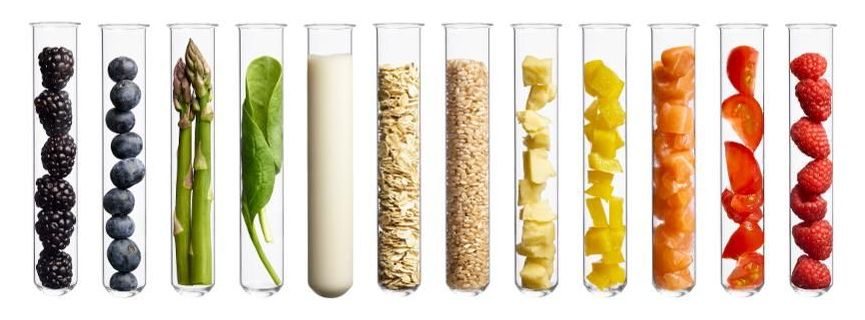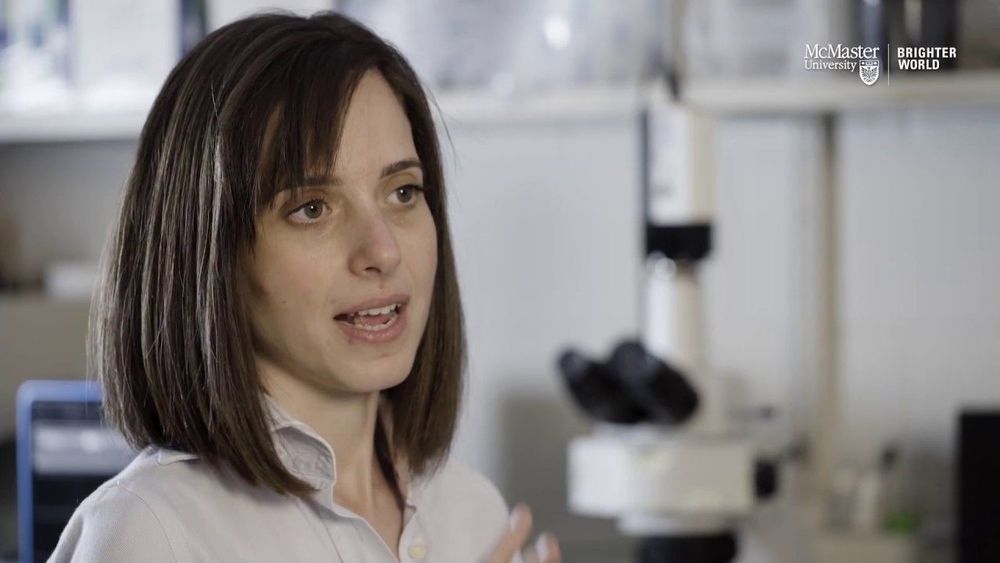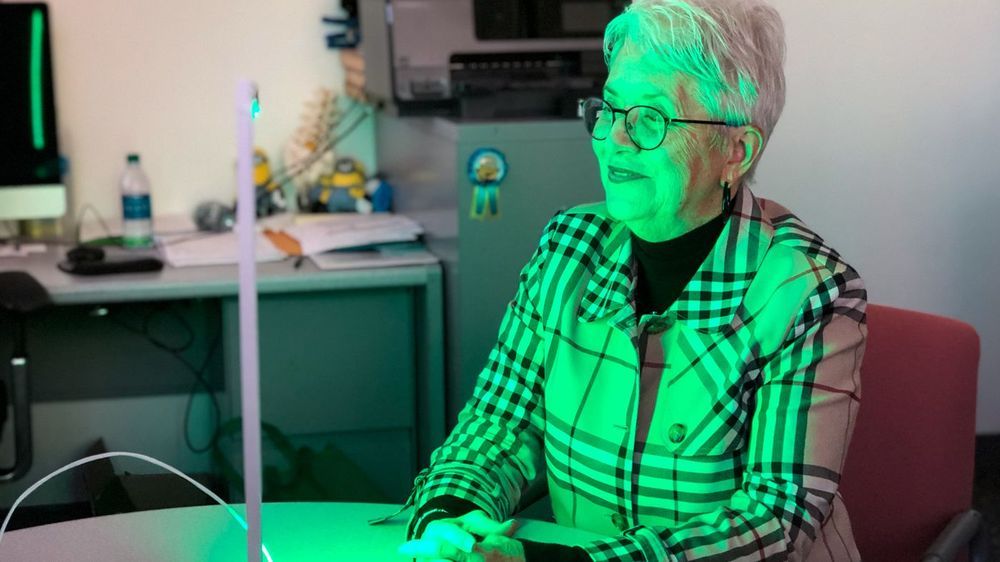
A recent Forbes article discussed how minestrone soup could stave off growth of a particular type of malaria. No, this did not mean that we should forget about being excited about a potential new malaria vaccine or no longer take malaria pills when traveling to malaria-ridden regions. Nor did it mean that treating malaria would now become a gourmet endeavor for discerning palates. But the concept was interesting: a science teacher engaged students in an experiment, and found that compared to other soups (yes, soups), minestrone in particular had the strongest ability to prevent growth of the organism causing malaria. In a test tube, that is.
Other foods have also been found to reduce bacteria and stave off illness, but again, this has been in the laboratory, not necessarily in the gut, respiratory tract, urinary tract, or skin. Let’s take garlic. Some like it, some don’t. But using garlic in its pure form or as an extract has become increasingly popular, especially for those exploring alternative medicine options. Its potential uses have ranged far and wide, including treatment of chronic illnesses such as diabetes mellitus and heart disease, as well as infections ranging from bacteria, fungi, and cold viruses. The active antimicrobial component of garlic is allicin, which acts to inhibit enzyme activity necessary for bacterial growth and replication. While studies on garlic’s benefits have been extensive, and many both in and out of the laboratory have been positive, there continues to be need for longer term trials and placebo-controlled studies to assess its actions. The larger studies, to date, have been in the lab. Or perhaps in the kitchen. A study looking at the antibacterial effects of garlic on hamburger meat, specifically limiting growth of the bacteria staphylococcus aureus, demonstrated that adequate amounts of garlic extract added to hamburger meat kept these nasty bugs out for up to two months when refrigerated. If you like garlic-flavored hamburgers, then this is certainly a good way to go. Tasty, and staphylococcus-free!
Curcumin, the active ingredient in turmeric, has also had its day in the limelight when it comes to various medicinal properties. Besides its potential benefit in reducing growth of cancerous tumors, it has also been investigated regarding properties including anti-viral, anti-bacterial, and anti-fungal effects. Many of the results regarding curcumin’s effects have remained in the laboratory, with clinical trials still pending. The most promising work in curcumin’s anti-bacterial effect has been in combating growth of helicobacter pylori, a bacterial pathogen which contributes to gastritis and gastric ulcers. But even in this setting, curcumin was found to be beneficial only when combined with existing medications to treat this disease.


















